In recent years, consumers around the world have increasingly embraced organic products as a way to prioritize their health and make sustainable choices. One such product that has captured the attention of health-conscious individuals and businesses alike is organic hazelnuts. With their enticing aroma, distinct flavor, and a range of health benefits, hazelnuts have gained popularity as a versatile ingredient and a standalone snack option. This article explores the unique properties of hazelnuts and discusses their growing demand in the organic market.
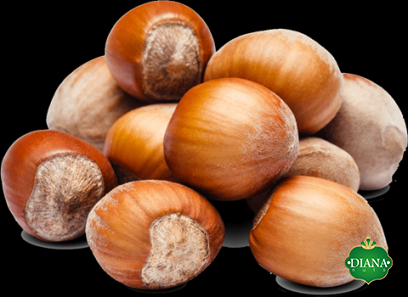
.
 Versatility and Nutritional Powerhouse: Hazelnuts, known for their rich and nutty flavor, are packed with essential nutrients and have a myriad of culinary uses. Not only are they an excellent source of healthy fats, high-quality protein, and dietary fiber, but they also contain significant amounts of vitamins and minerals. Organic hazelnuts, free from synthetic pesticides and additives, offer consumers a healthier alternative compared to conventionally grown nuts. Health Benefits: Organic hazelnuts are known for their numerous health benefits. They are an abundant source of antioxidants, including vitamin E, which helps protect the body’s cells from damage caused by free radicals.
Versatility and Nutritional Powerhouse: Hazelnuts, known for their rich and nutty flavor, are packed with essential nutrients and have a myriad of culinary uses. Not only are they an excellent source of healthy fats, high-quality protein, and dietary fiber, but they also contain significant amounts of vitamins and minerals. Organic hazelnuts, free from synthetic pesticides and additives, offer consumers a healthier alternative compared to conventionally grown nuts. Health Benefits: Organic hazelnuts are known for their numerous health benefits. They are an abundant source of antioxidants, including vitamin E, which helps protect the body’s cells from damage caused by free radicals.
..
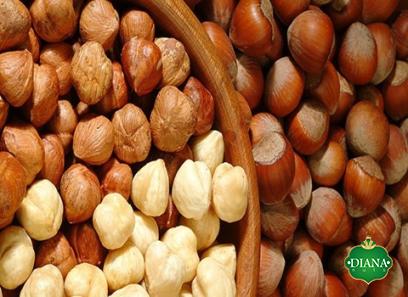 Additionally, hazelnuts supply heart-healthy monounsaturated fats that can reduce the risk of cardiovascular diseases. With their high magnesium content, hazelnuts contribute to bone health, while their B-vitamin profile supports brain function and energy production. Growing Consumer Consciousness: As consumers become increasingly concerned about their well-being and the environmental impact of their choices, the demand for organic products has soared. Organic hazelnuts, with their immense nutritional value and perceived purity, have been part of this organic movement. Businesses catering to consumer demands have started incorporating organic hazelnuts as key ingredients in a range of products, including snacks, confectionery, spreads, baking goods, and beverages. Sustainable Farming Practices: Organic hazelnut cultivation adheres to environmentally friendly practices. Organic farmers prioritize soil fertility, biodiversity, and water conservation, employing crop rotation strategies and natural fertilizers to maintain the health of hazelnut orchards.
Additionally, hazelnuts supply heart-healthy monounsaturated fats that can reduce the risk of cardiovascular diseases. With their high magnesium content, hazelnuts contribute to bone health, while their B-vitamin profile supports brain function and energy production. Growing Consumer Consciousness: As consumers become increasingly concerned about their well-being and the environmental impact of their choices, the demand for organic products has soared. Organic hazelnuts, with their immense nutritional value and perceived purity, have been part of this organic movement. Businesses catering to consumer demands have started incorporating organic hazelnuts as key ingredients in a range of products, including snacks, confectionery, spreads, baking goods, and beverages. Sustainable Farming Practices: Organic hazelnut cultivation adheres to environmentally friendly practices. Organic farmers prioritize soil fertility, biodiversity, and water conservation, employing crop rotation strategies and natural fertilizers to maintain the health of hazelnut orchards.
…
 By avoiding synthetic pesticides and genetically modified organisms, organic hazelnut growers ensure that the resulting crop is not only safer for consumers but also reduces negative impacts on the ecosystem. Market Potential for Organic Hazelnuts: The market for organic hazelnuts has expanded significantly in recent years. As more consumers gravitate towards healthier food choices and sustainable products, businesses catering to these desires can tap into the immense potential of organic hazelnuts. From food manufacturers to artisanal producers and even supermarkets, there is a growing demand for hazelnuts that are organically cultivated and offer superior taste, texture, and nutritional benefits. Conclusion: Organic hazelnuts have become a sought-after commodity, owing to their remarkable nutrition profile, versatility, and sustainable cultivation methods. As individuals and businesses continue to prioritize health and environmental concerns, organic hazelnuts have emerged as a staple ingredient and a promising investment. With constant innovation and a focus on quality, the market for organic hazelnuts is poised for continued growth, providing businesses an opportunity to fulfill the demands of conscientious consumers while reaping the benefits of this booming segment.
By avoiding synthetic pesticides and genetically modified organisms, organic hazelnut growers ensure that the resulting crop is not only safer for consumers but also reduces negative impacts on the ecosystem. Market Potential for Organic Hazelnuts: The market for organic hazelnuts has expanded significantly in recent years. As more consumers gravitate towards healthier food choices and sustainable products, businesses catering to these desires can tap into the immense potential of organic hazelnuts. From food manufacturers to artisanal producers and even supermarkets, there is a growing demand for hazelnuts that are organically cultivated and offer superior taste, texture, and nutritional benefits. Conclusion: Organic hazelnuts have become a sought-after commodity, owing to their remarkable nutrition profile, versatility, and sustainable cultivation methods. As individuals and businesses continue to prioritize health and environmental concerns, organic hazelnuts have emerged as a staple ingredient and a promising investment. With constant innovation and a focus on quality, the market for organic hazelnuts is poised for continued growth, providing businesses an opportunity to fulfill the demands of conscientious consumers while reaping the benefits of this booming segment.

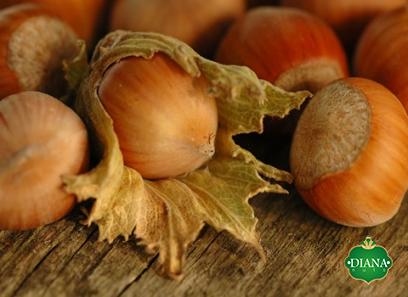

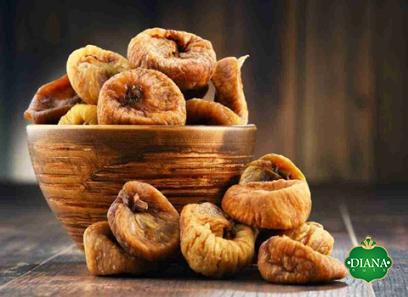


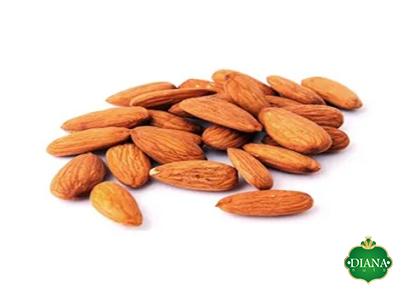

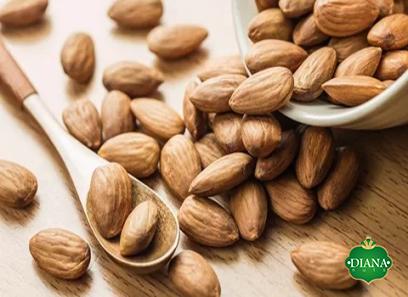

Your comment submitted.